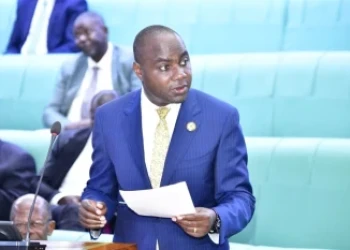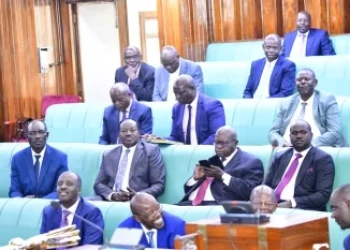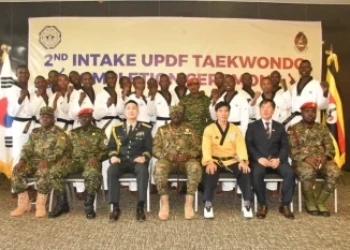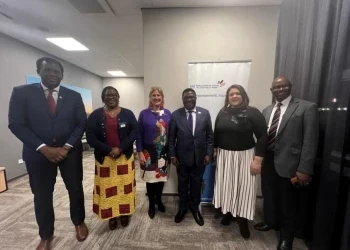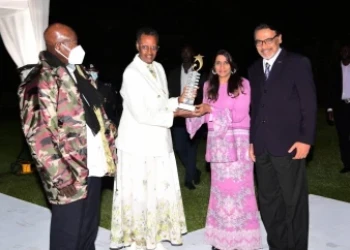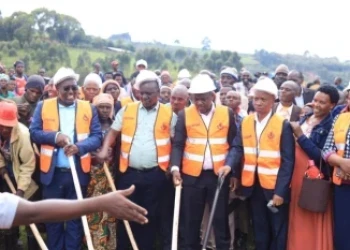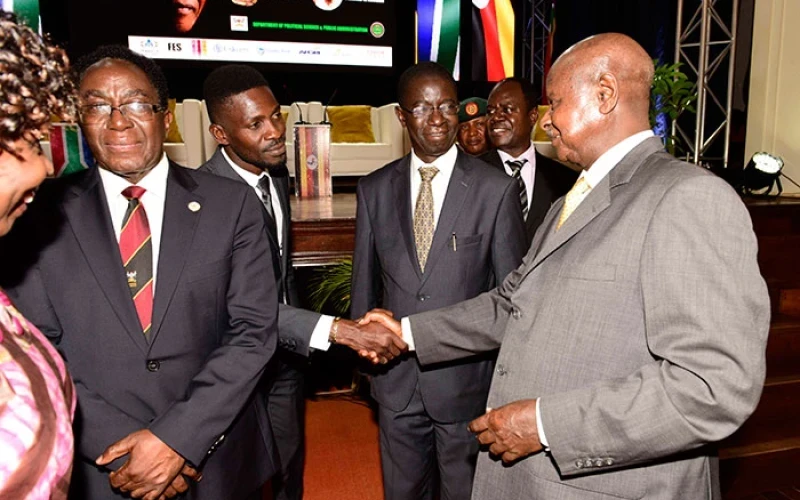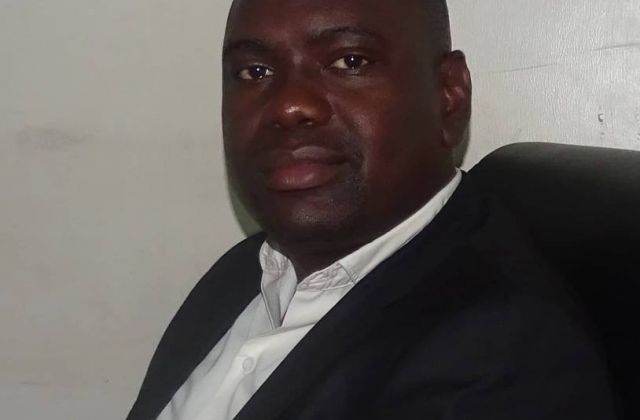
Premised on contestable specifics, The Daily Monitor on Thursday 12th July, 2018 called for a review or disbandment of the Youth Livelihood Programme (YLP).
There was an attempt, probably because an Editorial should meet all credibility measures, to use statistics as evidence, unfortunately the figures were flawed.
For example, to aver that funds loaned to youth groups in Gulu Municipality haven’t been recovered because the recipients disappeared without a trace, is an outright falsehood.
It’s on record that 45 groups have been funded in Gulu Municipality with a total of Shs343 million disbursed out to them under YLP. Of the Shs343 million, only Shs85 million is due for recovery. It’s important to fathom that beneficiary groups have a maximum of 3 years within which to pay back the loan they receive, hence the term amount due.
You will be glad to know that Shs57.3 million of the amount due has been paid back, representing 66 per cent performance. This performance is better than many of our Commercial Banks that run a purely money-making loan regime unlike the Ministry of Gender, Labour and Social Development which has to contend with loan repayment as well as social impact.
The Bank of Uganda Financial Stability Report, 2017, indicated that the ratio of non-performing loans to total loans (NPL ratio) decreased from 8.3 percent to 6.2 percent between June 2016 and June 2017.
In comparison to those figures, the Youth Livelihood Programme deserved a pat on the back. Again, financial (loan) figures will not make sense to you if you don’t take the time to contextualize them.
The Editorial sought to paint a bleak picture of the Programme in Gulu Municipality. But groups like Ribebe Youth Concrete Moulding group and School Road Hairdressing Youth Group in Gulu Municipality must have read the editorial and sipped on their coffee. They are an example of youth progress in Gulu Municipality beyond sponsored propaganda against the Programme.
It’s clear that some officials, not to mention institutions, have been struggling to get a grip of these livelihood funds for ulterior motives, and therefore invested highly in drumming the trifling challenges that any Programme can face. They won’t make mention of the success stories.
Listen, Gulu District to date has four groups that have paid back 100 per cent what they received and the groups remain a going concern. Scaled further to cover the whole country, there are 200 groups that have completed 100% repayment of funds. Nationally, Shs19.4 billion of the Shs30 billion due, representing 64%, has been recovered. Again, very few Commercial Banks in Uganda can beat this.
This is the challenge naysayers ride on. Majority of the youth groups, (36%) went in for agricultural enterprises. A Government of Uganda report released in September 2017 reported several parts of the country to be struggling with the worst drought in more than half a century.
Ugandans grappled with failing crops and food shortages. The YLP beneficiaries weren’t immune to this situation. But the Ministry of Gender was wise enough to come up with mitigating measures such as rescheduling repayment periods and refinancing some groups.
With improved weather, many of those groups are currently doing well on their repayments. Repayments across the country shot up as yields and market conditions got better.
The Bank of Uganda report further indicated that a major challenge faced by banks was the slow growth of loans, which rose by only 0.9 percent between June 2016 and June 2017, far lower than 3.7 percent growth recorded in the previous year.
Ugandans were afraid to take loans due to the poor general economic performance. These factors affect the entire economy and they ought to be recognized when analyzing the performance of the livelihood funds.
Still then, the livelihood funds post better performance in such hard times. YLP has registered impressive performance largely because the funds implementation mechanisms incorporate both economic and social empowerment. Gulu District has recovered Shs169.3 million of the Shs249 million due, representing performance of 67.91 per cent.
Moroto in Karamoja region has recovered Shs286.1million of the Shs362 million due, representing 79.05 per cent. Yes, Karamoja youth are that progressive. Dokolo district stands at 77.04 per cent on recovery with Shs201 million of the Shs261 million that is due already on account.
Note that each group signs a Financing Agreement in which they stipulate a repayment pattern that befits projected returns on their enterprise. So the amount due is most critical in assessing repayments under the Programme.
From the other side of the country, Kyenjojo District has recovered Shs247.6 million of the Shs294 million due (84.12%). Rubirizi has recovered Shs182.8million of the Shs219 million due representing 83.44 percent performance. Bushenyi has recovered Shs355million of the 425million
Comments (0)
📌 By commenting, you agree to follow these rules. Let’s keep HowweBiz a safe and vibrant place for music lovers!


